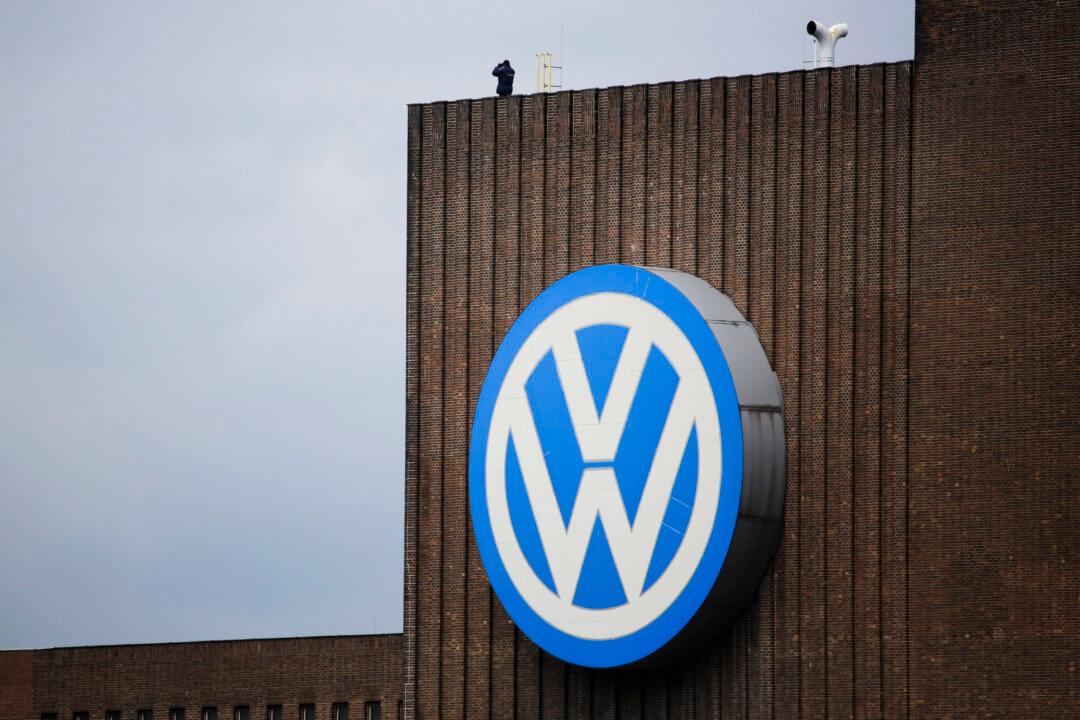Volkswagen AG will pay nearly $15 billion to settle consumer lawsuits and government allegations stemming from its diesel emissions fraud in the United States. Although it is a huge loss for a company with a market value of $65 billion, it is not the end of the company’s legal troubles.
“Today’s settlement is an important step forward but it is by no means the end. Our investigation continues,” said New York State Attorney General Eric Schneiderman, in a press conference.

New York State Attorney General Eric Schneiderman announces partial multistate and federal settlements of up to $15 billion with Volkswagen at a press conference in New York on June 28 2016. Screenshot via AG.NY.gov





